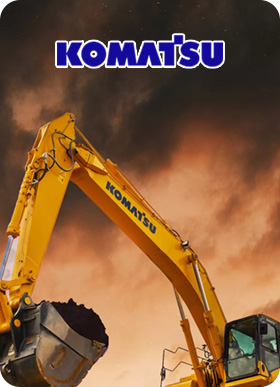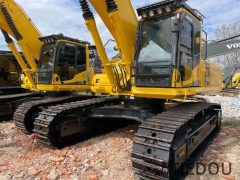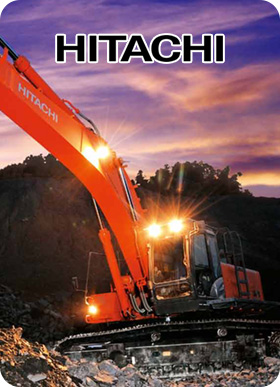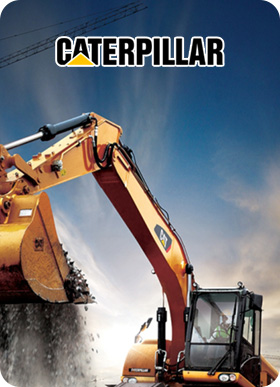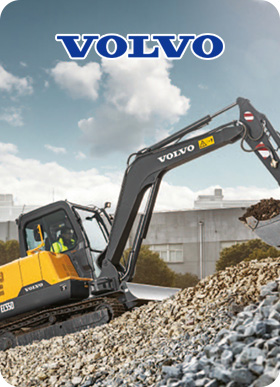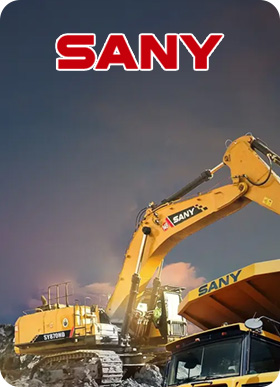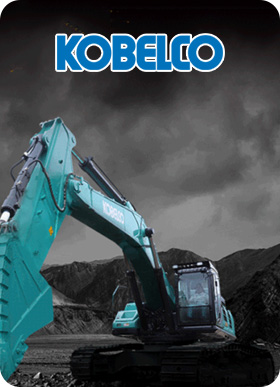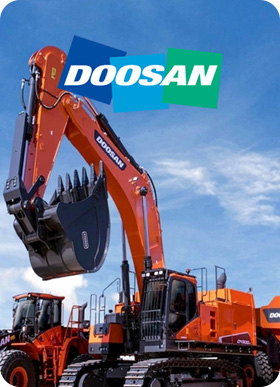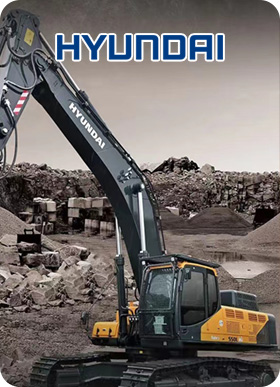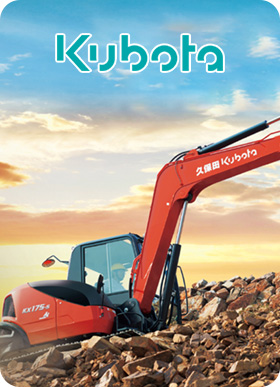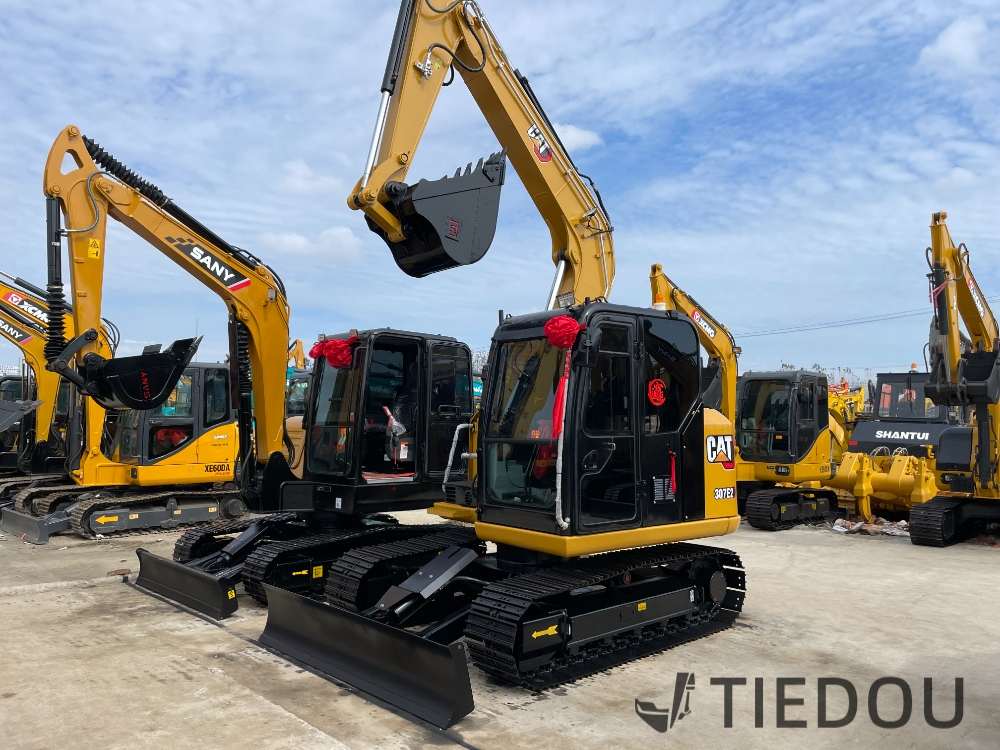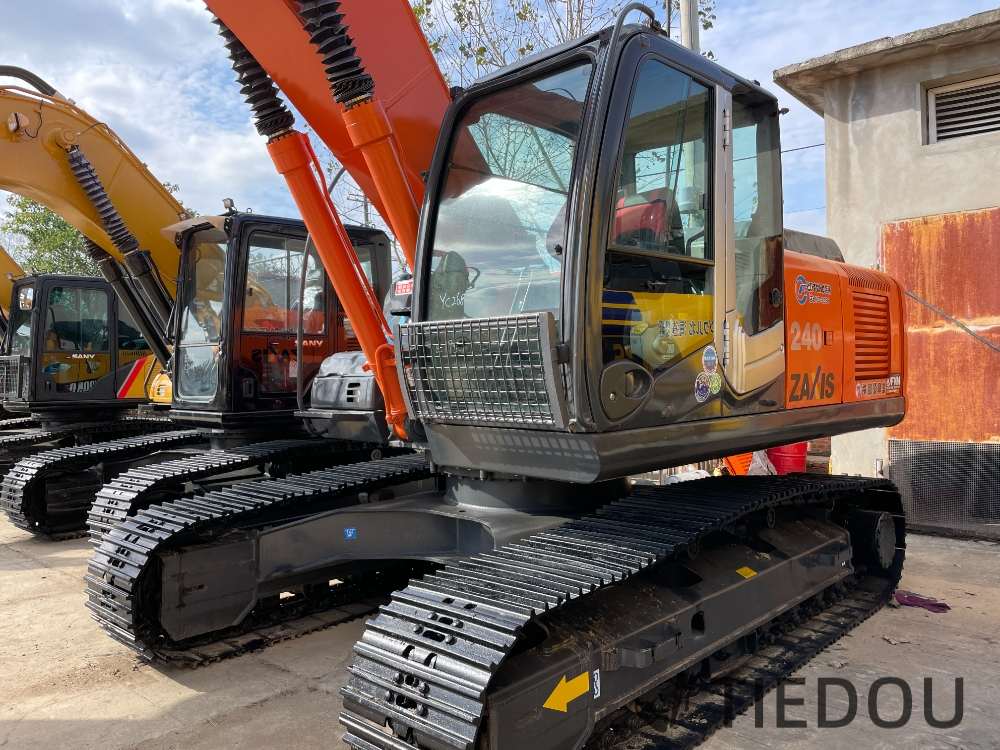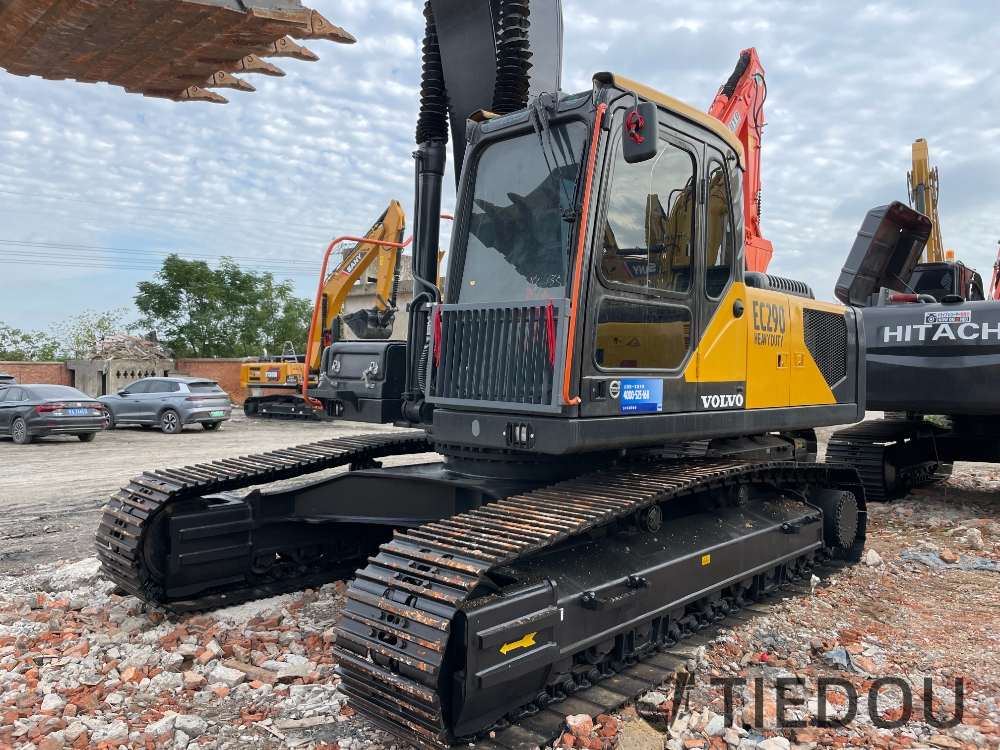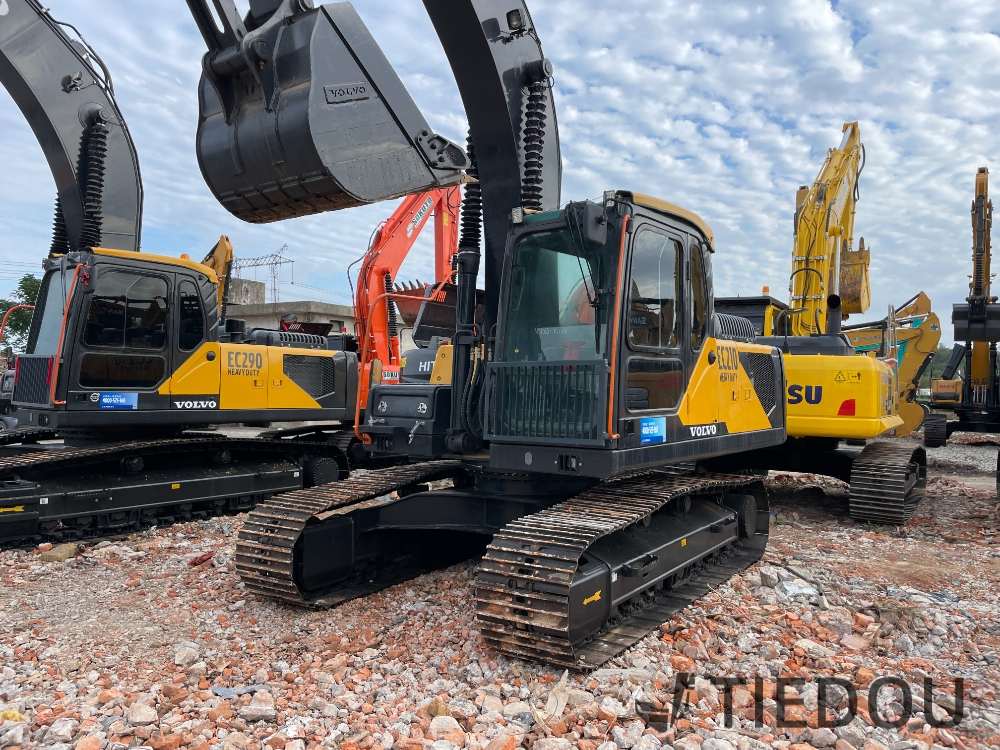Under the global trend of environmental protection, energy conservation and emission reduction, the construction machinery industry is ushering in a profound green transformation. Major manufacturers have increased investment in research and development to promote the innovation and development of electric construction machinery products, hoping to take advantage of the fiercely competitive market.
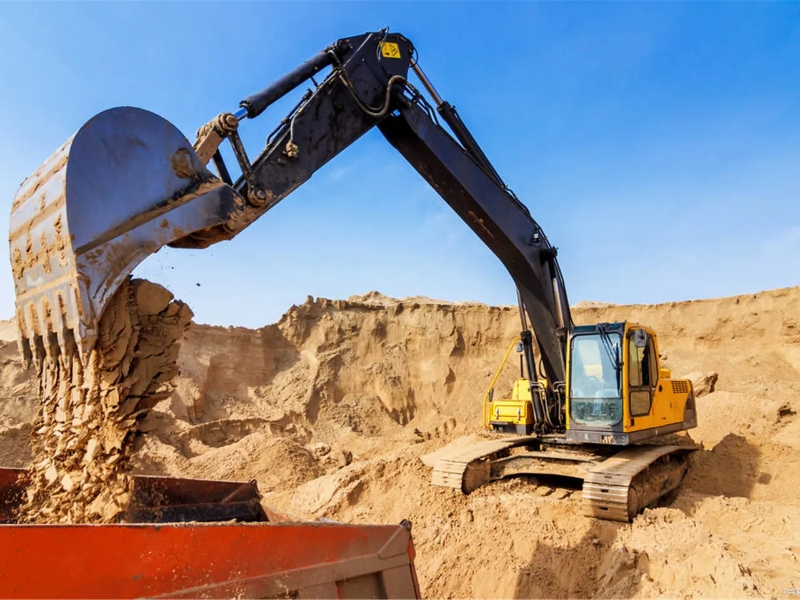
As an emerging product type, electric construction machinery has gradually become the new favorite of the market with its environmentally friendly features such as zero emissions and low noise. In recent years, with the advancement of battery technology and the reduction of costs, the feasibility and economy of electric construction machinery have been significantly improved, attracting more and more companies to invest in this field.
In this wave of green transformation, technological innovation has become the key to promoting industry development. Manufacturers continue to explore new power systems and energy management technologies to improve the performance and efficiency of electric construction machinery. For example, the efficient electric drive systems developed by some companies not only improve the operating capabilities of machinery, but also greatly extend the service life of batteries.
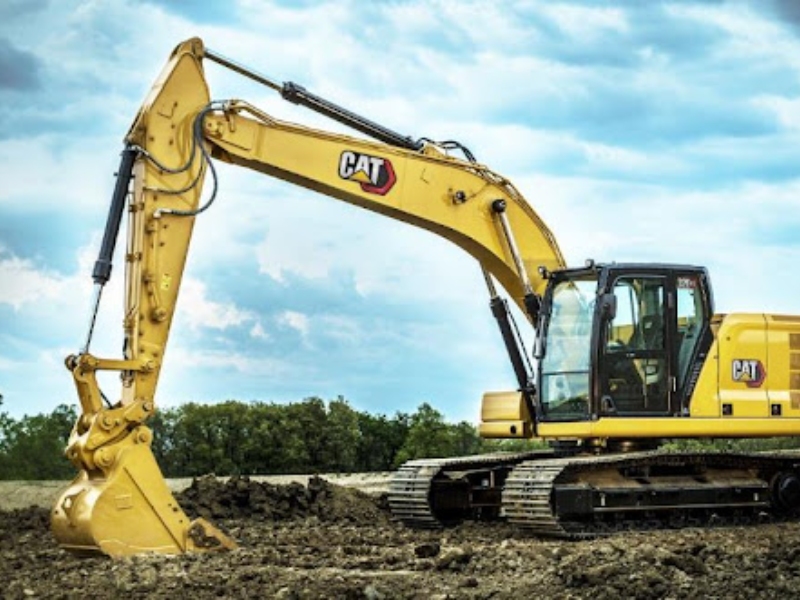
In addition, in response to the market's call for environmentally friendly products, many manufacturers have begun to use clean energy and recyclable materials to produce electric construction machinery. These products not only reduce the impact on the environment during use, but their production process is also more environmentally friendly.
However, the promotion of electric construction machinery does not happen overnight. Faced with the existing fuel machinery system and consumer usage habits, how to strike a balance between performance, cost and convenience is a difficult problem that manufacturers need to solve. In addition, the construction of charging infrastructure is also an important factor restricting the popularity of electric construction machinery.
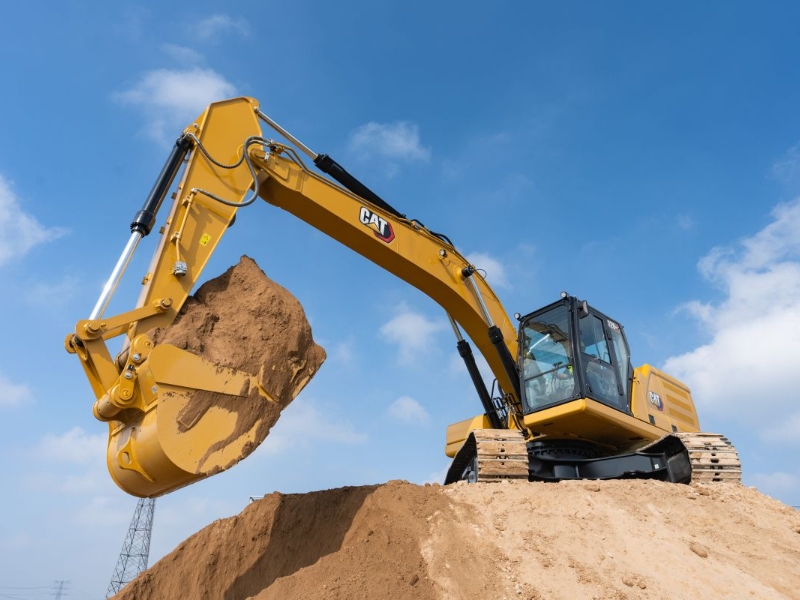
In order to cope with these challenges, some companies have begun to cooperate with energy suppliers and infrastructure builders to jointly promote the layout of charging facilities. At the same time, government policy support and subsidy measures also provide strong incentives for the promotion of electric construction machinery.
Looking to the future, with the continuous advancement of technology and the increasing maturity of the market, electric construction machinery is expected to be applied in more fields. From urban construction to mining to farmland farming, electrification will become an important development direction of the construction machinery industry. This will not only promote the green transformation of the industry, but also contribute to global sustainable development.

